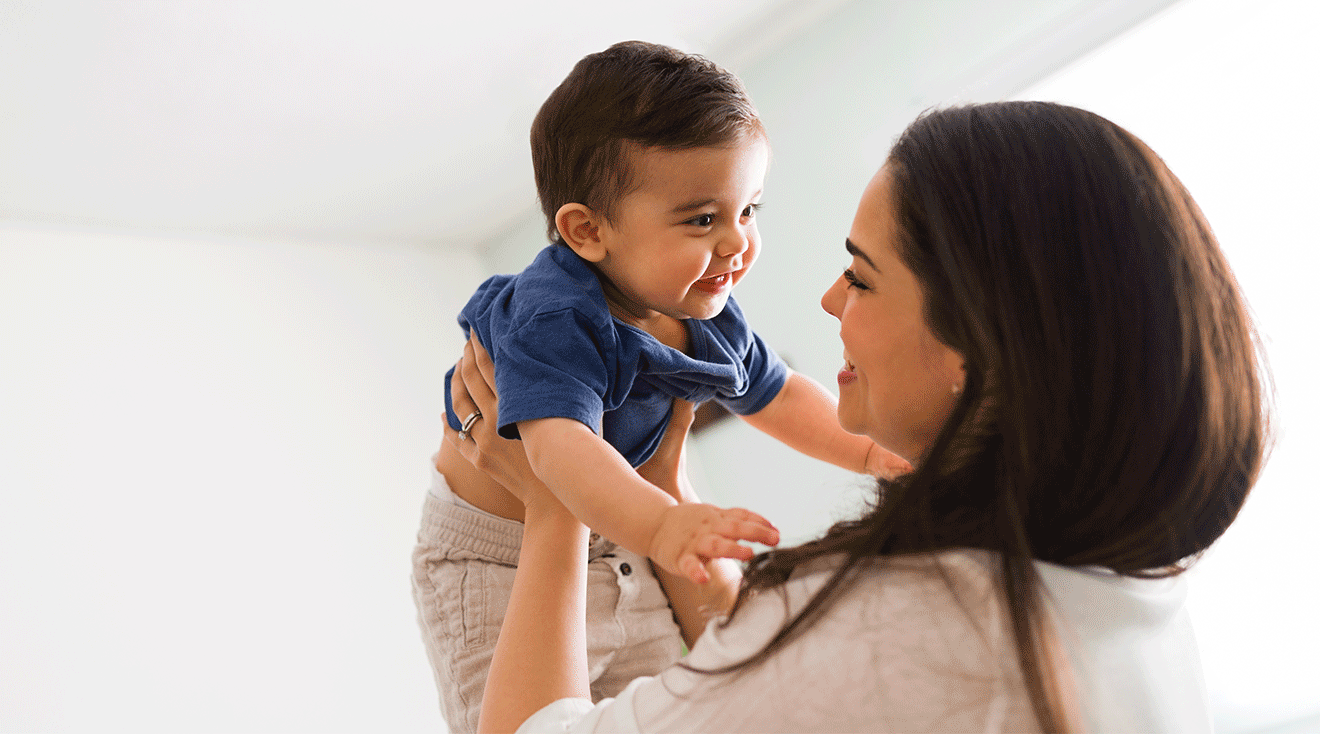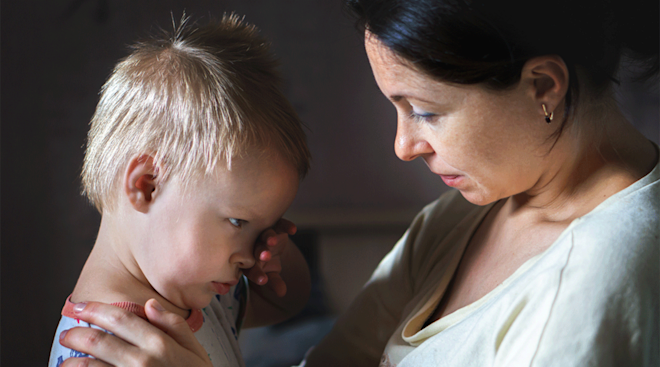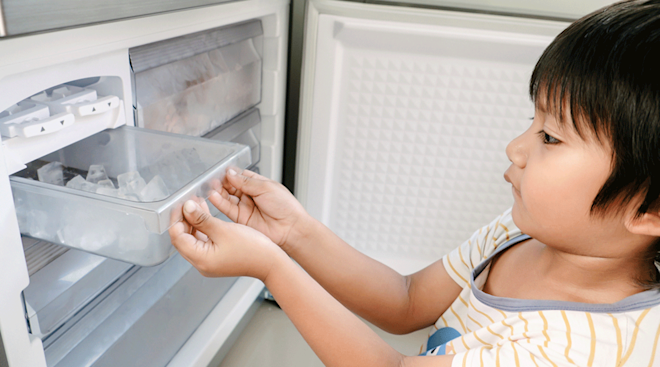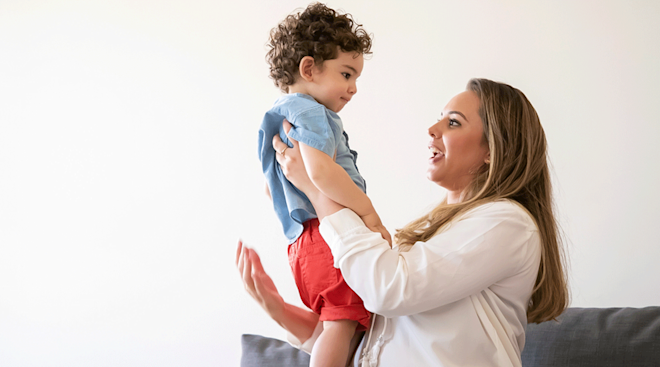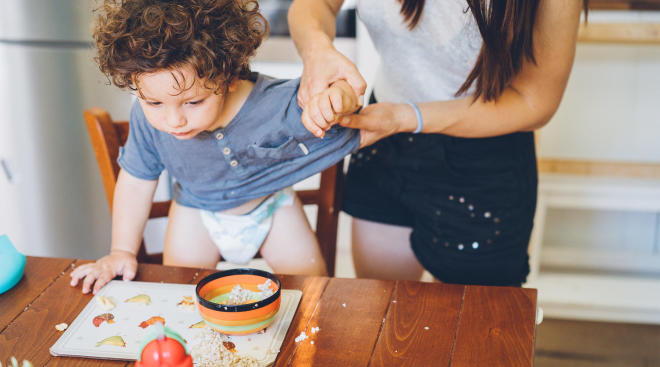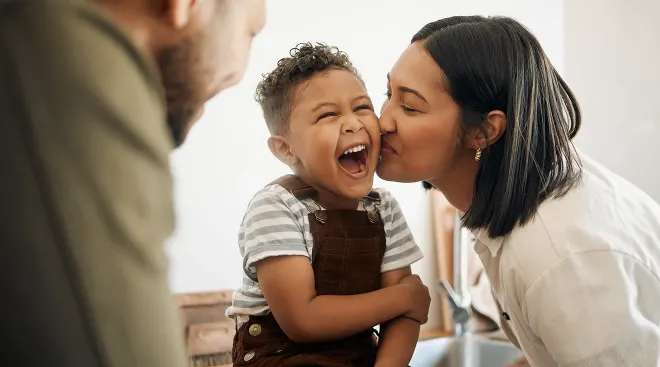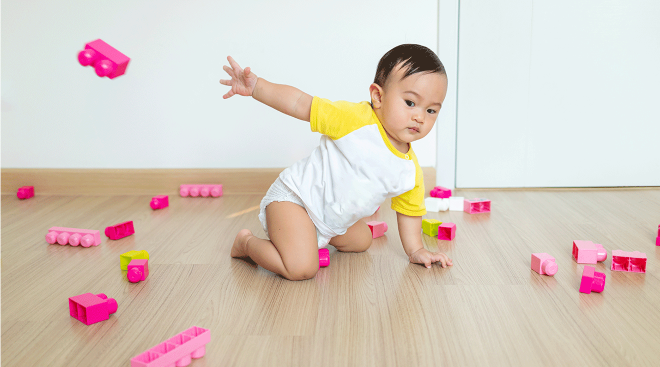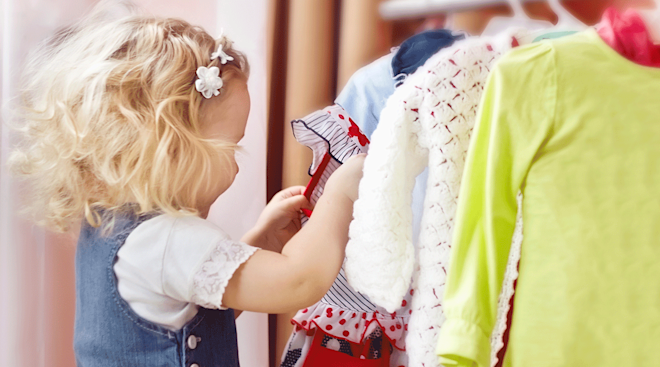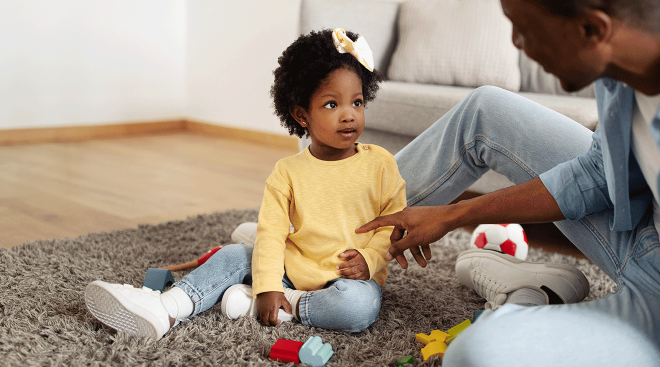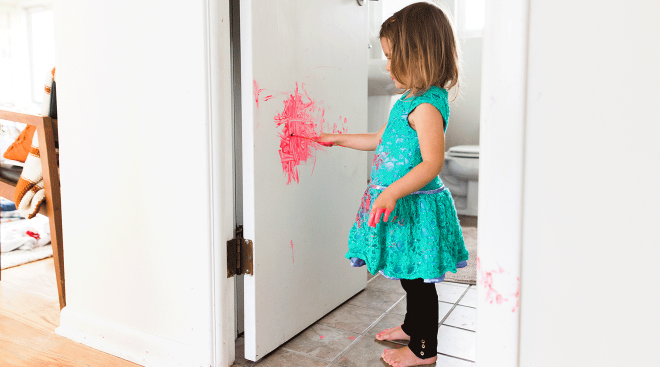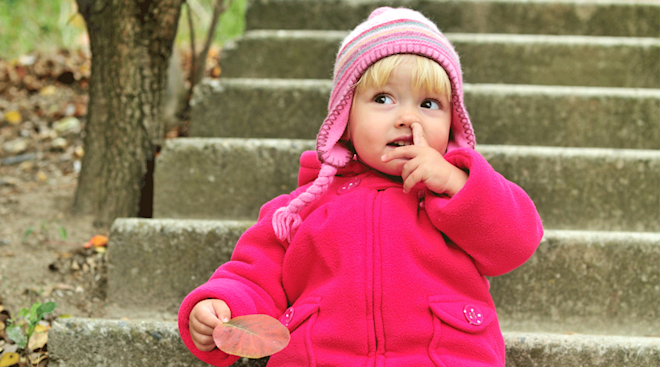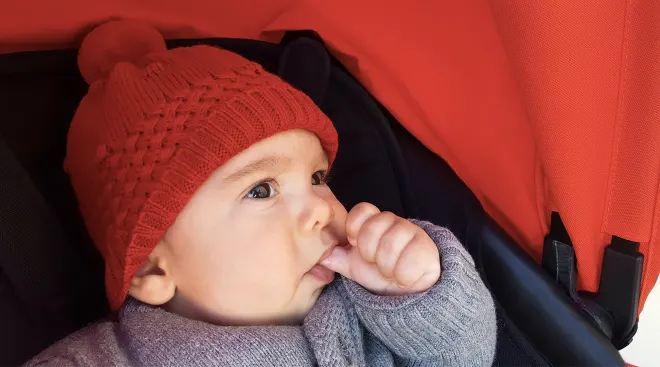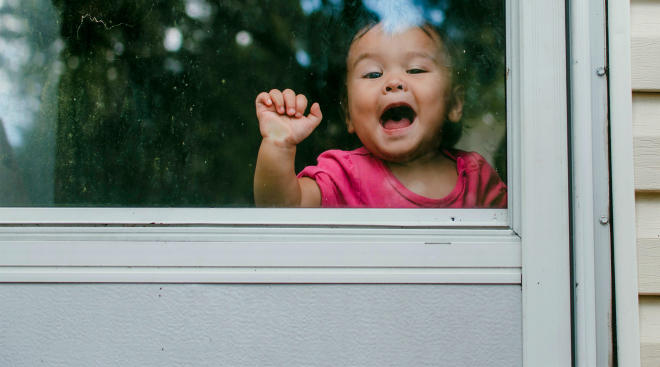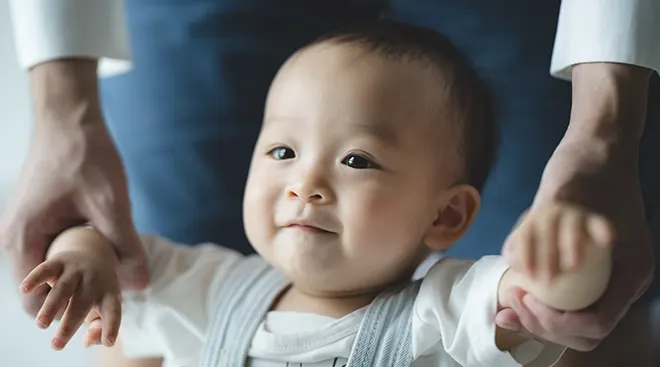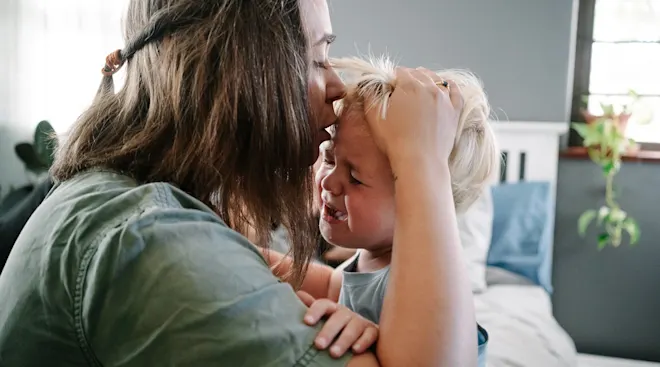Viral Video Shares Three Ways to Build Your Toddler's Self-Esteem
Your child’s first five years are formative in more ways than one. During this time, it’s easiest for baby to learn a second language, get a jumpstart on reading and, according to one parenting expert, even develop a better sense of self.
In a now-viral video, certified parenting coach Liomarys Reyes emphasizes the importance of nurturing healthy self-esteem in children during their early years, along with three strategies to support this development. “Why focus on the first five years?” she asks in the video posted on her Instagram page @thechanclafreemami. “Because by that age, their self-concept is already established. The teenager they become is a reflection of those formative years. What you invest during their early life shapes their future.”
In the caption of her post, Reyes points out that while praising children with phrases like “you’re smart” or “good job” is beneficial, true self-esteem is developed by creating a “private” or internal logic that says: I am capable, I can contribute, I belong. “These concepts cannot be developed by shame or by helicopter parents. Both extremes hurt the development of a healthy self-concept,” she notes. So what can parents do to help their little ones grow up feeling empowered and worthy? Reyes suggests three things:
-
Allow your kid to do things, to try things and to make mistakes. “You’re going to promote them having roles in the home. Let them fold clothes; let them put away dishes; let them help you give the pet a bath. Let them do things that allow them to develop the idea that ‘I’m a capable human and I know how to do things. And when I make mistakes, I just keep on going,’” she says.
-
Welcome the mistakes as opportunities to learn “Instead of labeling the child as ‘you’re not good at this, get out of my way,’ you’re going to use the opportunity to coach someone how to do things correctly. ‘Hey, I saw you did this. How about we try it this way?’ so the child learns, ‘I can grow from my mistakes because I am a capable person that is capable of contributing to this home,’” she adds.
-
Don’t use stickers and rewards. This one might be a little hard to get behind for parents who’ve found success with this form of external positive reinforcement, but Reyes says that it’s important to shift focus from external rewards to internal validation. “You’re going to let them create an internalized positive feeling when they do the right thing. Because guess what, you’re not always going to be there giving out stickers,” she says.
If your child has already sailed past 5, don’t fret. Reyes notes that while private logic is developed by the age of five, you are still on time to facilitate, coach, and guide your child. Just like learning languages or developing new habits might be harder as we age doesn’t mean it’s not possible. “Don’t quit on your kiddos,” Reyes adds.
Navigate forward to interact with the calendar and select a date. Press the question mark key to get the keyboard shortcuts for changing dates.

































